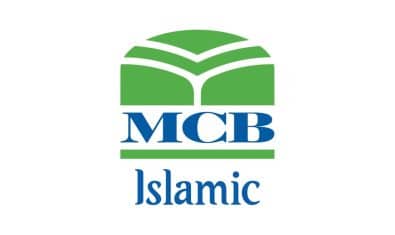A national think tank called the Social Policy and Development Centre (SPDC) has suggested that the average excise tax share on cigarettes in Pakistan should be on par with the World Health Organization’s (WHO) minimum recommended rate of 70 percent.
Currently, the average excise tax on cigarettes in Pakistan is at 45.4 percent of the retail price. Increasing the tax rate will improve health outcomes by reducing cigarette consumption and generating additional revenues for the government, according to the SPDC’s policy note titled ‘Modelling the Revenue and Health Implications of Tobacco Tax Policy in Pakistan: Options for the Federal Budget’ 2021-22′.
Tobacco is the leading cause of deaths due to non-communicable diseases (NCDs), killing an estimated over 160,000 people each year.
ALSO READ
Pakistan Ranks Among Worst Countries on Internet Inclusivity Index
The note presents a grave situation owing to the use of tobacco in Pakistan. With a prevalence rate of 19.1 percent, about 30 million adults (aged 15 and above) in Pakistan are tobacco consumers.
Tobacco taxation is used as a policy instrument for tobacco control in Pakistan, serving a dual objective of public health promotion and revenue generation. However, the current level of the effective excise tax rate on cigarettes is still the same as it was in 2016-17. Therefore, cigarettes in Pakistan have become more affordable as their prices are the lowest among the regional countries, including India, Bangladesh, Sri Lanka, Nepal, and Iran.
The in-depth analysis in the report shows that raising the excise tax rate even by only 30 percent would result in 219,000 fewer smokers, a 3.8 percent reduction in smoking prevalence among adults, and the prevention of 424,000 smoking-attributable deaths, including 348,000 future young smokers.
ALSO READ
TRG International to Sell All Economic Stake of Its Subsidiary
On the revenue side, it will generate an additional Rs. 19 billion – an increase of 14.4 percent over the base year collection.
The SPDC’s proposed tobacco tax reform will greatly help the government achieve its commitment to reducing the use of tobacco and reducing the number of deaths from NCDs as per its pledge to achieve the SDG-16 and align its tobacco tax policy with global best practices.
To fulfill its long-term commitment to using tax and price measures to reduce tobacco consumption, the government must continue reforming the tobacco tax system by:
- Implementing significant excise tax increases to make cigarettes progressively more expensive and less affordable.
- Incorporating an automatic inflation adjustment mechanism in the tax policy.
- Moving to a uniform federal excise duty for all cigarette brands to simplify the tax system.
- Harmonizing excise taxation across all tobacco products.





















